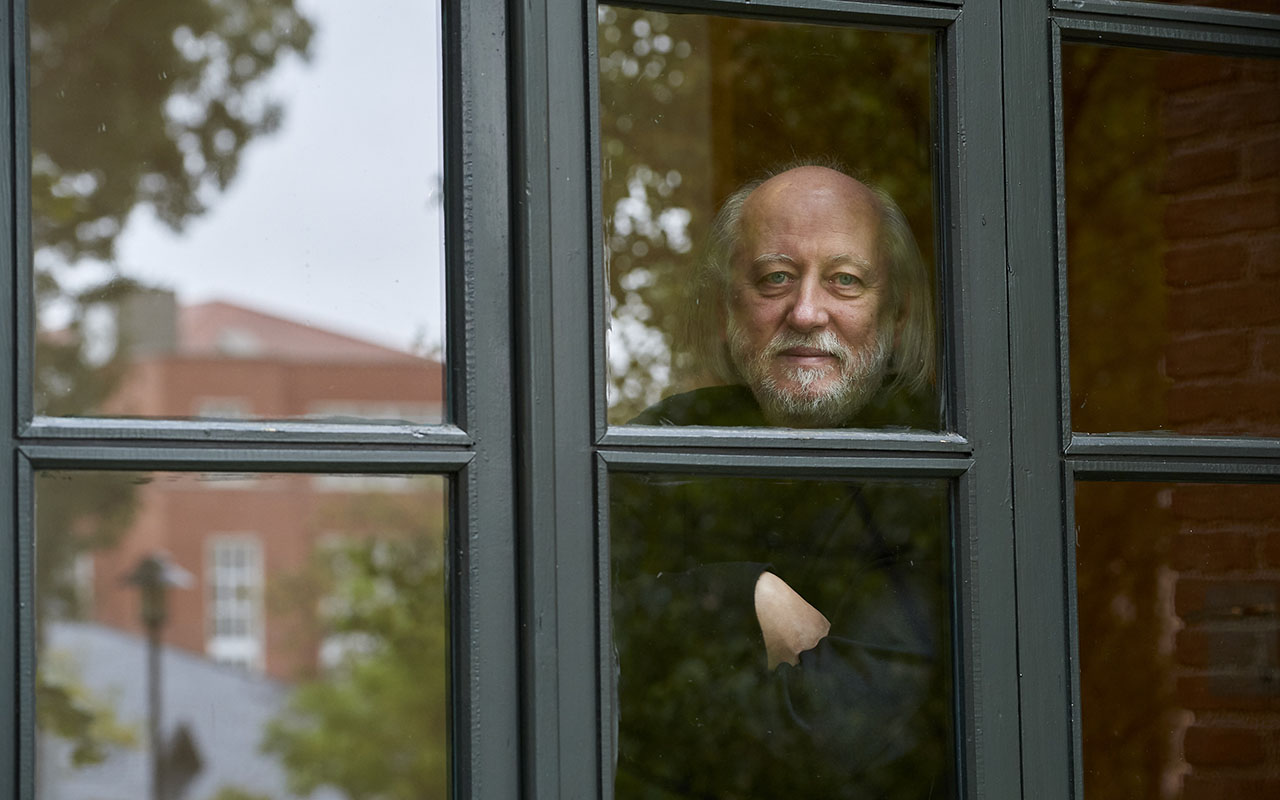A Tale of Two Capitalisms: Sacred Economics in Nineteenth-Century Britain—a new book by Supritha Rajan, an associate professor of English—has won this year’s Modern Language Association’s Prize for a First Book. The award will be presented to Rajan in January, during the association’s annual convention.
Established in 1993, the prize is awarded annually to a book-length linguistic or literary study, critical edition, or critical biography by an MLA member. The MLA is the major professional organization for the study and teaching of language and literature, and its nearly 25,000 members are spread across 100 countries.
In making the award, the selection committee lauded Rajan’s book for its “undeniable historical, cultural and literary value,” adding that her “analysis may serve as an empirical and interpretive model with which to examine our moment’s intersection of ethics, economy, and culture.”

Published by the University of Michigan Press in 2015, the book is an interdisciplinary intellectual history that examines relationships between 19th-century political economy, anthropology, and literature—areas that were much more intertwined in the 19th century than they are today. What this intellectual history tells us, Rajan contends, is different from the traditional and dominant narrative of capitalist economics. The dominant narrative is the familiar one, involving laissez-faire economics and self-interested individualism. But Rajan states that there is also a second, “submerged,” narrative that involves ethical values and ideals such as reciprocity, communality, and interdependence.
The second narrative of capitalism has been little noticed, Rajan says. Ethical values associated with the second narrative became linked in the 19th century to theories of the sacred and religious practices within a community that “many deemed at that time as ‘primitive,’” she says, “whether it was a peasant community in England or a colonial community abroad.” These practices were situated as “non-capitalist” and “non-modern,” against the secular modernity of capitalism, and they became a subject for the emerging field of anthropology.
Fiction, Rajan argues, was an “imaginary laboratory” for synthesizing the two narratives, and she examines texts by Anthony Trollope, George Eliot, Rudyard Kipling, and Charles Dickens—among them, A Tale of Two Cities.
“Professor Rajan is a scholar and teacher of impressive accomplishment and promise; only a literary critic of remarkable intellectual scope could provide such a compelling narrative of secularization and the sacred,” says Rosemary Kegl, chair of the English department. “Very few first books are this original or this ambitious.”
A member of the Rochester faculty since 2007, Rajan earned her PhD in English at the University of North Carolina, Chapel Hill. Her next book project is already underway, an investigation of shared motivations for work in the human and natural sciences.
She says that in A Tale of Two Capitalisms, she was trying “to show how certain values that we have come to associate with pre-modern, pre-capitalist societies—ideals of communality and solidarity, for example—aren’t necessarily distinct from the kinds of values that are operating in capitalist exchange practices. But there was a disciplinary effort to segregate them.”
Drawing attention to the place of these values within capitalist economic theory itself offers an alternate route for evaluating effects of capitalism outside of a Marxist model of critique, she says.
And while her book is rooted in an examination of 19th-century discourse, Rajan also gestures, in the book’s conclusion, to present-day implications of her argument.
“We can’t achieve a new way of looking at capitalism,” she says, “unless we contest certain aspects of the narrative of modernity that has become like the air we breathe.”




